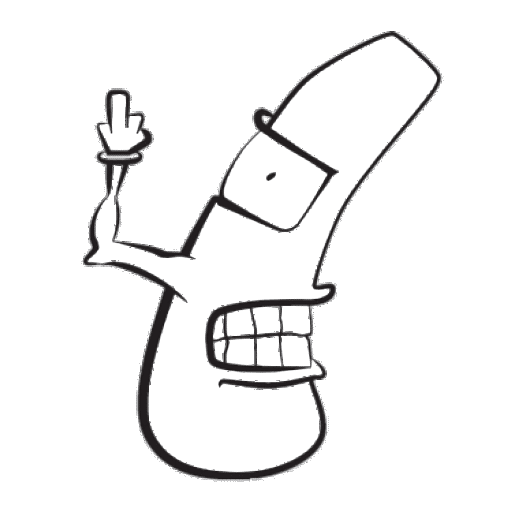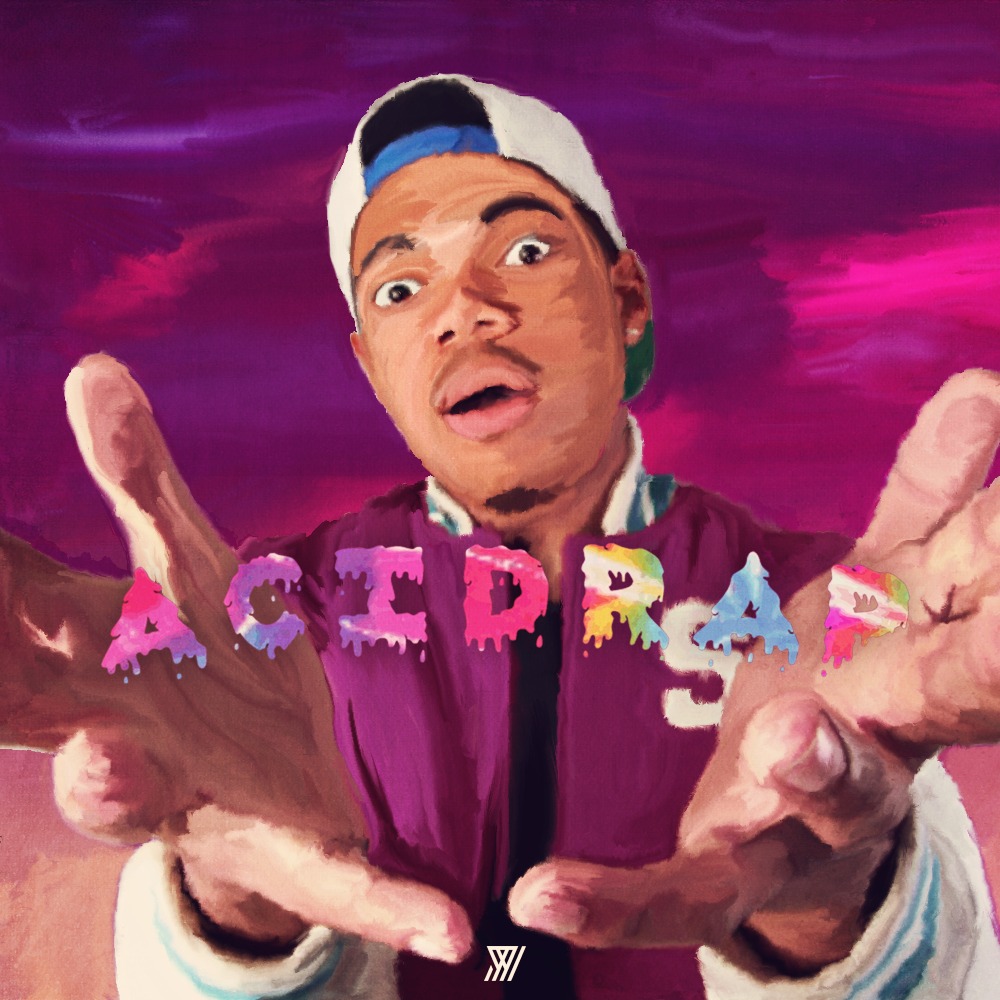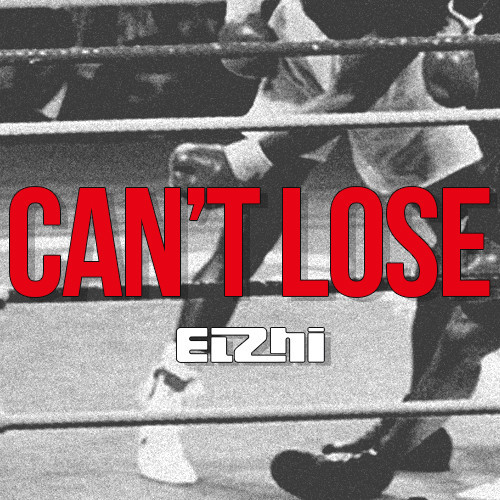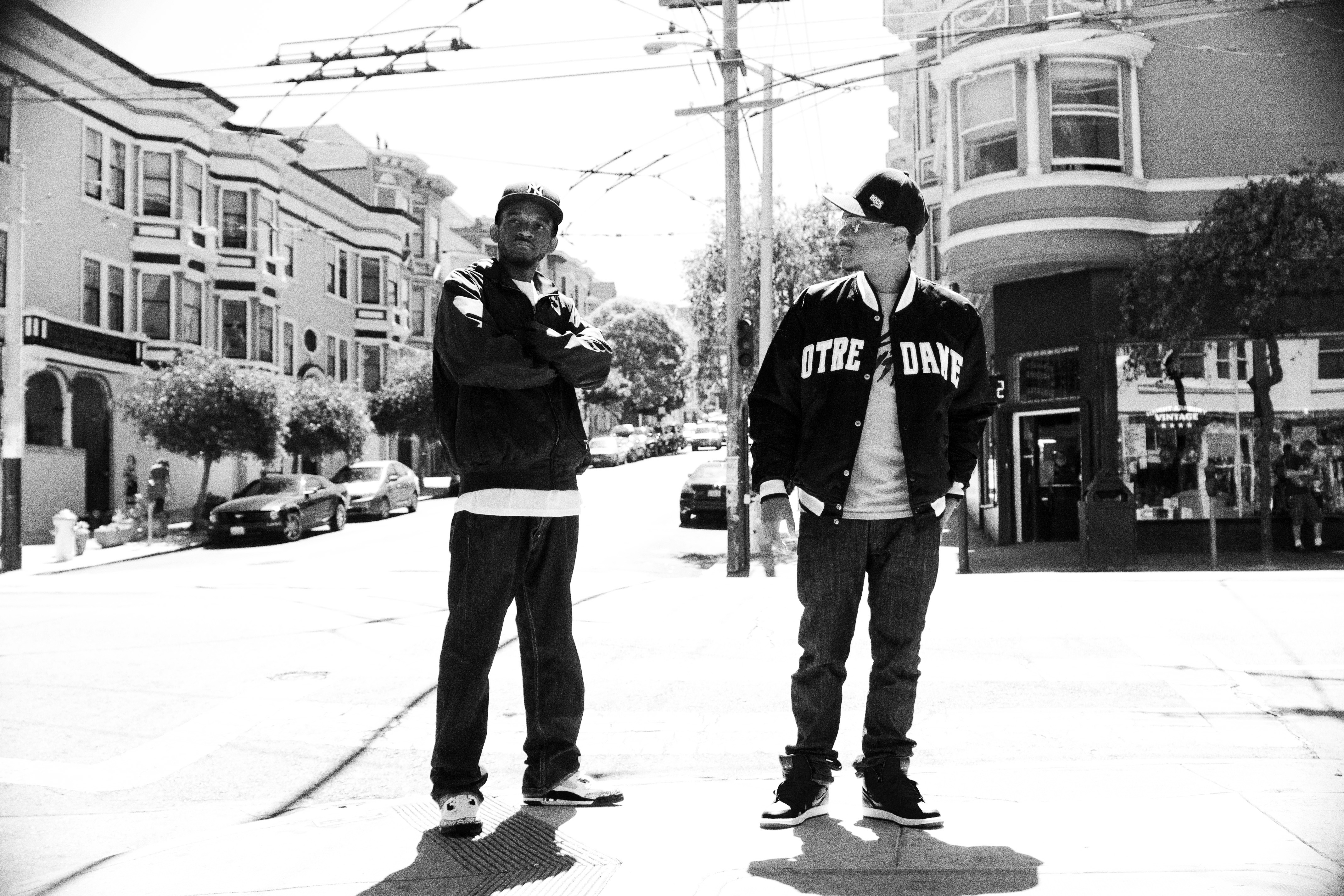BABA: How Indie Artists Can Combat Bootleggers with Copyrighting
FSD shared a new article yesterday about Chance The Rapper‘s Acid Rap and the bootleg and copyrighting issues that came along with it. This is crucial information for all of us independent artists out here, so make sure you give this a few minutes and take in the information. The article was written by John Miranda.
Chance the Rapper has famously suggested, much to the delight of industry futurists, that he may never sign to a label. But this summer, Chance’s camp experienced at least one downside to flying solo with a major release. In August, Billboard reported that Acid Rap bootlegs were selling enough copies to make headway on the charts, despite the fact that Acid Rap was released exclusively as a free download. This happened because Billboard charts are calculated using retail sales statistics, so if a bootlegger distributes a product to retailers (including online retailers such as Amazon and digital outlets, such as the iTunes store), the bootlegger’s sales will be reflected on Billboard’s charts. Apparently, since Chance was distributing his hugely successful mixtape as a free download, an unscrupulous third party decided to cash in on its success by selling physical copies.
Without the legal infrastructure of a large record label, Chance’s intellectual property holdings proved especially vulnerable to infringement. Unlike signed artists, he could not rely on a continuous influx of legal department interns tasked solely with sniffing out bootleggers and issuing cease-and-desist letters. Additionally, he found himself without the aid of the record business’s notoriously zealous trade association, the RIAA. The RIAA has been working its legal department overtime since the Napster days, and it briefly focused its Eye of Sauron on unauthorized hip-hop mixtapes in the mid-2000s, raiding record stores that sold “mixed tapes and compilation CD’s featuring one or more artists.” Unfortunately, the RIAA is not much help to independent artists who are victimized by bootleggers.
So how can Chance and other independent artists obtain legal relief when their music is bootlegged and their copyrights are infringed? The first vital step occurs before the music is even released. Artists and their legal counsel should always take care that all original works are registered with the U.S. Copyright Office (the U.S. has copyright agreements with most countries, so there is no need to register in copyright offices all over the world). Although copyrights theoretically “arise as a matter of law,” meaning that they begin to exist as soon as the artist records the work, registration is practically mandatory for anyone who wants a serious career in the music business. Registration entitles the artist to statutory damages, which can be as high as $150,000 per infringement (if a bootlegger distributes one hundred unauthorized copies of a “Chain Smoker” single and ten unauthorized copies of a “Cocoa Butter Kisses” single, only two infringements have occurred). Additionally, in the event that a copyright owner goes to court against a bootlegger or other infringer, Copyright Office registration is extremely important for proving copyright ownership.
If a copyright is not registered, then if the artist takes the infringer to court and wins, the artist cannot receive statutory damages but instead is limited to “actual damages” (i.e. lost profits), which can be difficult to prove. For example, with Chance the Rapper’s bootleg charting case, the issue of actual damages could have hypothetically resulted in prolonged litigation, since Chance was giving the album away for free, so lost profits would have been difficult to prove (at least in terms of monetary value). Additionally, copyright litigation could have posed a different set of complicated problems for Chance and his team, since artists and labels often bypass the sample clearance process for free mixtapes. But the headache-inducing topic of sample clearance and copyright law is best left for another day…
So after the copyright is registered, how should an artist handle bootleggers? The next step is to actually track down the infringing company or individuals. This can be the most difficult part, and if infringement is rampant, it can be nearly impossible to track down all of the guilty parties. The best way to begin the hunt is to obtain one of the bootleg copies and study it for physical clues. In the Chance case, Chicago Reader investigative reporter Leor Galil located the infringing “label” through a logo that appeared on one of the illegal copies. He was also successful in looking up the product’s UPC code on gs1.org, which is an online database of product UPC codes. However, if the bootlegger simply copies the logo of the original label and successfully reproduces the UPC code, then you must look into the chain of distribution to find the guilty parties.
To start, artists should search for infringing copies on the product pages of Amazon and other online retailers. In the Chance case, the distribution company that delivered the illegal copies to Amazon was located through information available on the product’s Amazon page. If you can trace the illegal copy to the website of an illegal manufacturer, distributor, or retailer, then you can use WhoIs.com to find the owner of the domain name, who will sometimes be the owner of the business enterprise. If you find an illegal copy in a brick-and-mortar record store, deliver a cease-and-desist letter to the store owner and ask that the store owner give you information about the product’s distributor (perhaps in exchange for immunity). Remember that distribution companies and retailers are just as liable for copyright infringement as illegal product manufacturers, so always send cease and desist letters to distributors and retailers in order to make sure that circulation of the illegal copies is stopped at every step of the product-to-market process.
Once an infringer is located, send your cease-and-desist letter (templates can be found all over the internet) and demand an “accounting for sales” and payment of damages representing lost profits. If the bootlegger does not cooperate, you may consider filing a Complaint for Copyright Infringement in your local federal district court (you’ll probably want a lawyer if it goes this far). Hopefully this will result in a nice out-of-court settlement from the wrongdoers, and you can go back to focusing on your art instead of chasing bootleggers. It is neither an easy nor simple process, but in today’s music business, independent artists must be diligent and aggressive in protecting their copyrights, especially since they do not have the advantage of major label guard dog lawyers.
John Miranda is a Chicago-area lawyer, consultant, and music enthusiast. Learn more about his background and services here.



